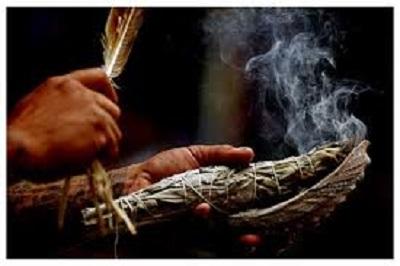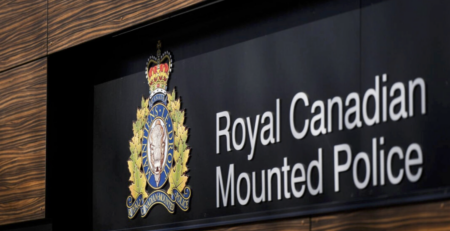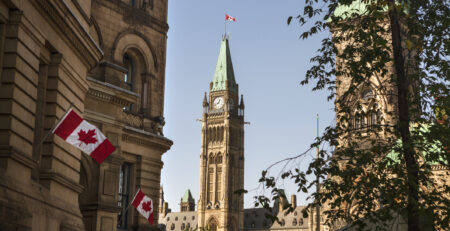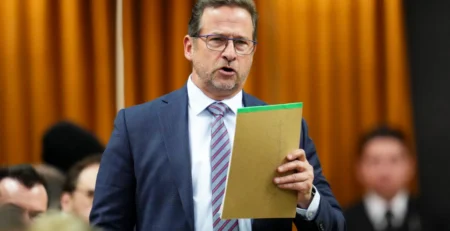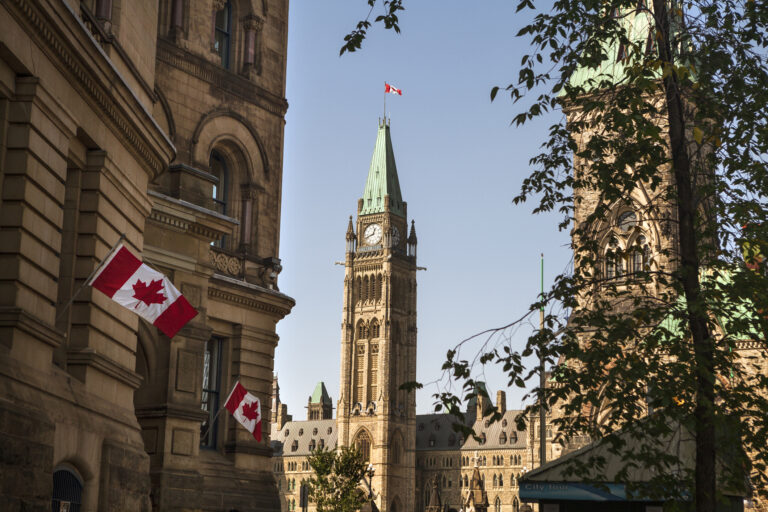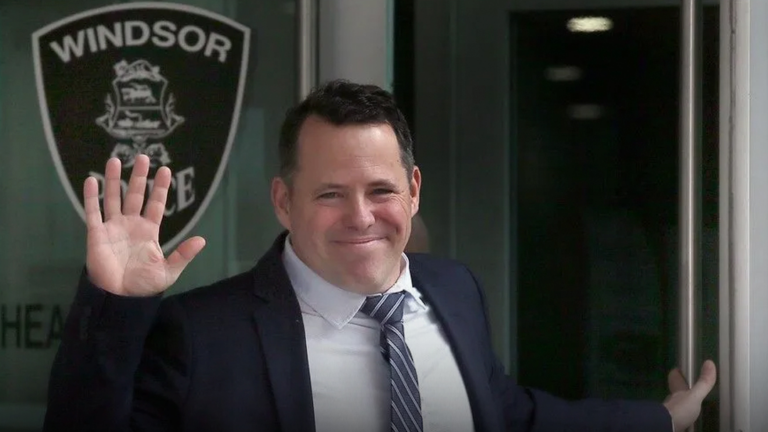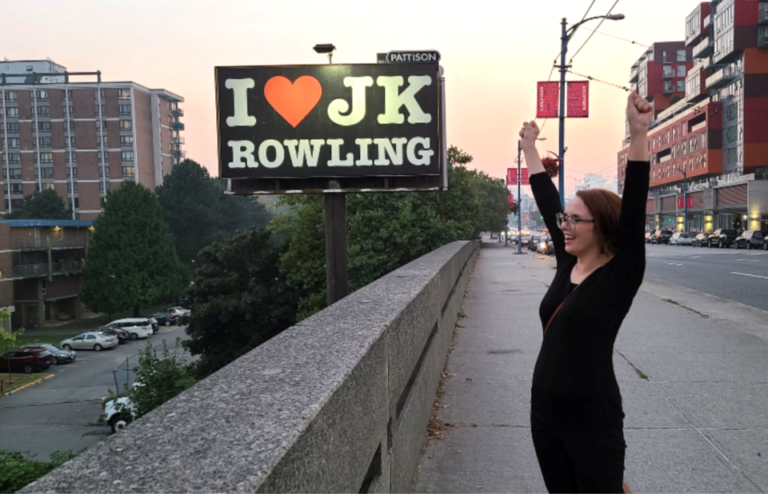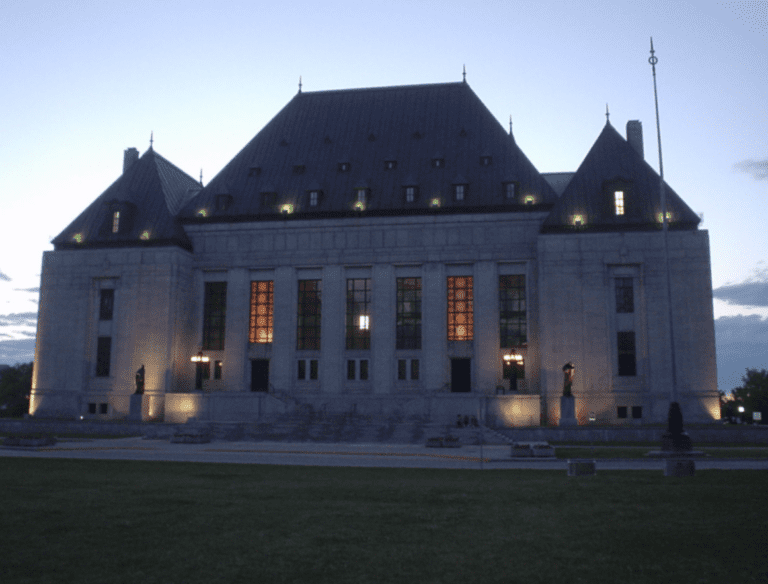John Carpay, The Post Millennial, November 15, 2019
Public schools in British Columbia are not complying with court rulings, because children are required to participate in supernatural or religious rituals and spiritual practices in the classroom.
For most of Canada’s history, children in public schools have recited the Lord’s Prayer, while children in Catholic schools recited the Our Father, the same prayer. The “public” schools were, in fact, Protestant schools, inculcating the general principles of non-Catholic Christianity. In recent decades, following trends in Canadian culture, public schools have gradually ceased to be Christian.
Starting in the 1980s, a number of Jews, atheists and others launched successful court challenges to the practice of requiring children in public schools (formerly Protestant schools) to say the Lord’s Prayer. Courts accepted the argument that public schools should be neutral in regard to religion, and should not teach any one faith or creed.
Requiring children to recite the Lord’s Prayer in public schools is government imposition of Christianity, and this imposition violates the Charter.
The courts also ruled that exempting the children of atheists, Jews and other non-Christians from saying the Lord’s Prayer was not an adequate compromise: no child should be required to announce or declare his or her non-belief in Christianity. The courts reasoned that for a child to make use of the exemption would effectively force that child to express his or her unwillingness to say the Lord’s Prayer. This could result in unacceptable stigma or ostracism; a person has the right not to disclose his or her religious belief or non-belief to other people.
In spite of clear court rulings, John Howitt Elementary School (JHES) in Port Alberni, B.C., forces children to participate in aboriginal smudging ceremonies, in which the smoke of burning sage is waived over children to “cleanse” their “spirits” of “negative energy”. As JHES explained in a note to parents in September of 2015: without this cleansing ritual the classroom and even the furniture would harbour negative “energy” and would not be safe until the “energy” was “released”. The letter stated that each student would participate in the cleansing ritual by holding onto a cedar branch while having “smoke from Sage fanned over [their] body and spirit.”
This “Traditional Classroom/ Student Cleansing” was performed by a member of the Nuu-chah-nulth, the term used to describe fifteen related First Nation tribes who live on the southwest coast of Vancouver Island. The school’s letter to parents also described Nuu-chah-nulth religious and
spiritual beliefs: “everything has a spirit” and “everything is one, all is connected”.
Concerned about the explicitly supernatural and religious nature of the cleansing ritual, and how it conflicted with her own family’s religious beliefs, Candice Servatius immediately went to the school to learn more, after receiving the JHES letter in September of 2015. But when this Port Alberni mother arrived at the school, she was shocked to find out that the ritual had already been imposed on her nine-year-old daughter.
The daughter explained that she had been coerced or pressured by the teacher to participate in the ritual against her will. When the nine-year-old girl told her teacher that she did not want to participate, the teacher told the girl that it would be “rude” not to participate in the ritual and that “all” the students were “required” to participate.
In January of 2016, Mrs. Servatius learned that a prayer based on First Nations spirituality had been performed at a JHES student assembly, with explicit references to an unspecified “god”. JHES did not notify parents.
Mrs. Servatius’ daughter has recounted her experience in the classroom to her mother, and has also sworn an Affidavit, filed with the court action against School District 70 (Port Alberni). School District 70 claims that the ceremonies and prayers that children are required to participate in are merely “cultural” and therefore not religious or spiritual. This assertion is contradicted by what the School District itself told parents in the letter in September of 2015.
School District 70 has offered to exempt children from these rituals, when a parent or child requests such exemption. But courts have explained why exemptions from spiritual or religious practices are not an acceptable solution: no child should have to face stigma or ostracism by needing to signal her disagreement with an aboriginal cleansing ritual. Further, consistent with clear court rulings, section 76 of the B.C. School Act requires public schools to be conducted on “strictly secular and non-sectarian principles”.
Witnesses for the Attorney General of B.C. and the Nuu-chul-nuth Tribal Council, both of whom are intervening in the case, have already stated that it is contrary to First Nations practice to compel anyone to be smudged against their will, and that it is “unnecessary” to hold smudging ceremonies in classrooms in order to teach about First Nations culture.
The Charter exists to protect the right of Canadians to live and participate in public life in accordance with their own conscience and beliefs. This includes the right to live free from government-imposed religion. The state should not enforce or impose any sectarian creed or ideology on children, by requiring children to say a prayer or participate in a religious or spiritual ceremony.
It’s one thing to teach children about Islam, but quite another to require children to kneel on prayer rugs and recite Islamic prayers while facing in the direction of Mecca. Public schools can teach children about Christianity’s central prayer, but cannot ask children to recite that prayer. Likewise, it’s possible to teach children about aboriginal spiritual rituals without requiring children to participate in them.
The Supreme Court of B.C. will hear this case in Nanaimo from Nov. 18 to 22, 2019.
Lawyer John Carpay is President of the Justice Centre for Constitutional Freedoms (JCCF.ca), which represents Candice Servatius in her court action against School District 70.


